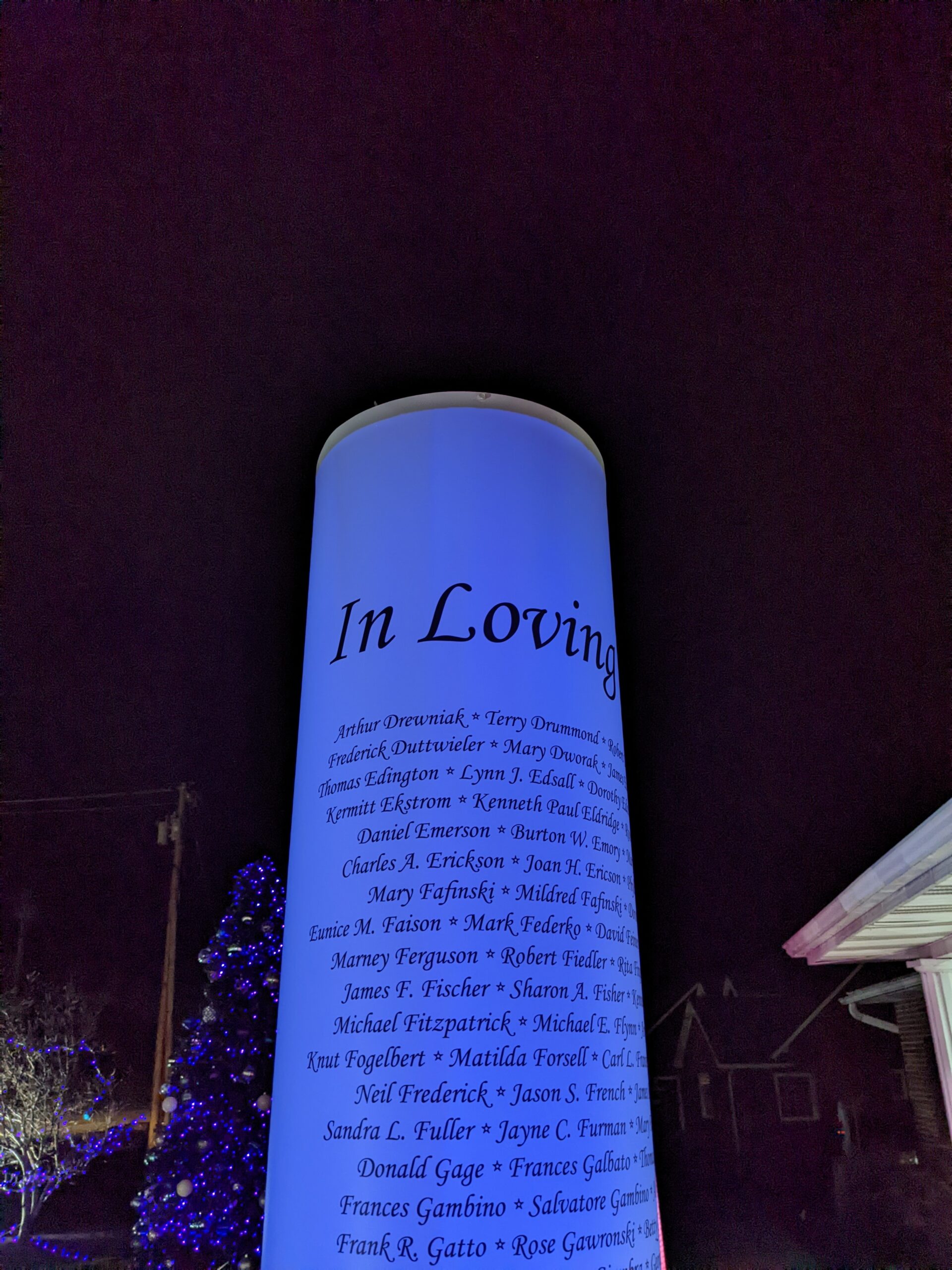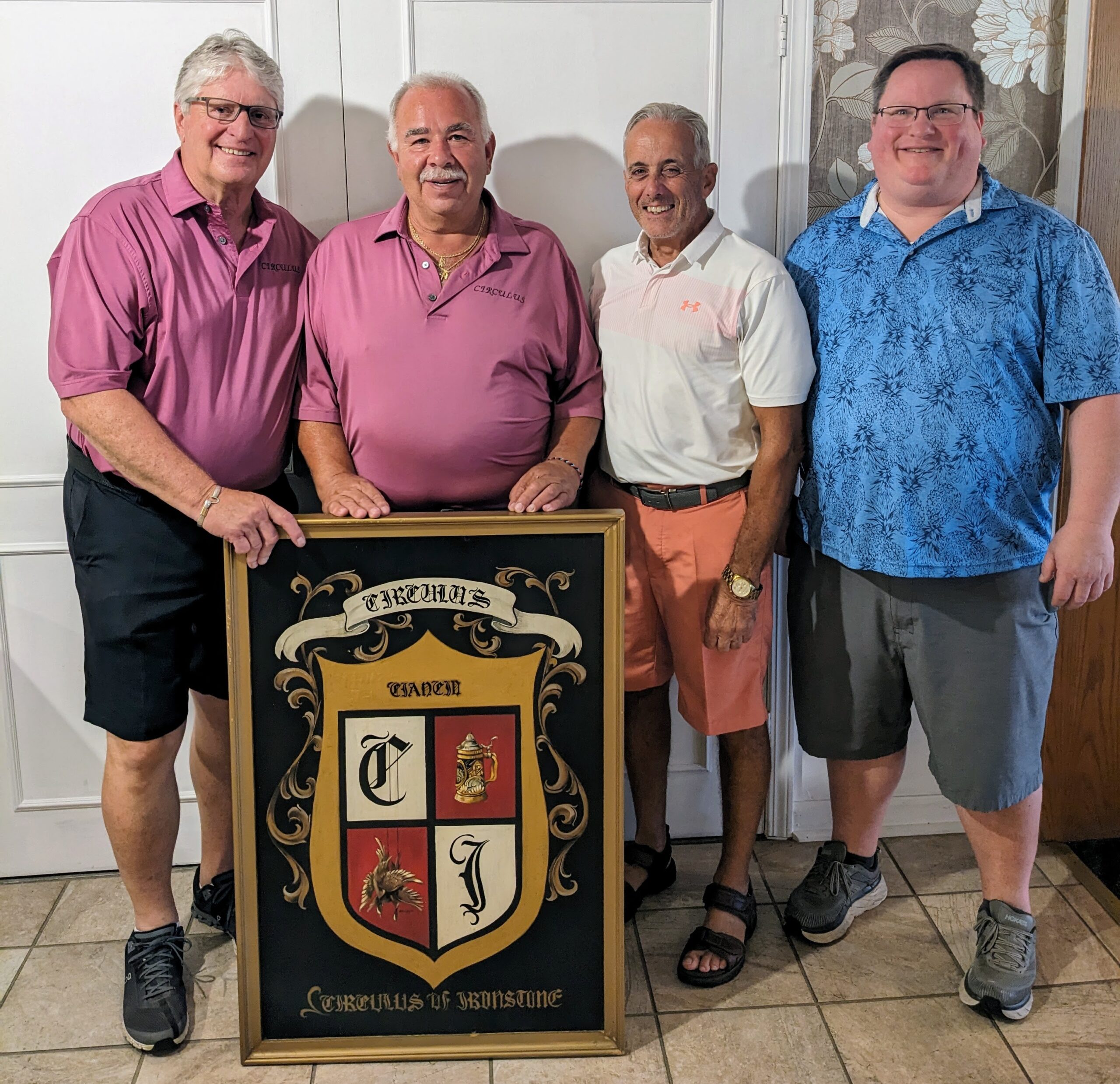Hospice has a long legacy dating back to the 11th century when monks provided care and comfort to the
dying. The modern concept of hospice came to the United States in the 1960s, and the first modern
hospice opened its doors in 1974, in Branford, CT. Yet, despite decades of care and millions of patients,
families, and caregivers served, for some the concept of hospice is still shrouded in mystery. There are
still too many misconceptions and misunderstandings about what hospice care actually entails.
Our culture struggles with the difficult topic of end-of-life care. And while conversations around end-of-
life issues are never easy, we need to talk about what hospice is, and why it is such a valuable resource
for those in need.
What Is Hospice?
In the US, hospice care is a guaranteed benefit under Medicare and Medicaid. Medicare and Medicaid
both provide coverage for hospice care for individuals who are terminally ill and have a life expectancy
of 6 months or less. This care is designed to provide comfort and support for both the patient and their
family (caregivers) during a difficult time, rather than focusing on curative treatment.
Patients in hospice care at Chautauqua Hospice and Palliative Care (CHPC) have their cases managed by
an interdisciplinary team including doctors, nurses, social workers, chaplains, bereavement counselors,
home health aides, and volunteers. Some patients might wait to call hospice out of concern about the
cost, or its potential impact on insurance coverage. If you have those concerns, give us a call. At CHPC,
our relentless focus is on providing high-quality, individualized care, even if delivering the best care
possible ends up costing us.
And waiting can have other downsides. At CHPC we regularly see patients who have lived well beyond
their six month diagnosis. In fact, one study indicated patients with some conditions might gain as much
as 29 additional days of life due to hospice care because of its emphasis on symptom management and
comfort care. Starting hospice when it is medically appropriate frequently improves a patient’s
outcome.
Unique to hospice in the US, after a patient passes, their loved ones and caregivers are entitled to 13
months of free counseling to help them deal with their grief. Bereavement counseling does not provide
any revenue, and no funds come from Medicare or Medicaid. This care is only available for free through
hospice.
These are just some of the incredible benefits to our patients, families and caregivers. And yet, New
York State distinguishes itself with the lowest rate of hospice utilization in the country. 51st if you include
the District of Columbia.
Why Don’t We Use Hospice?
Despite the demonstrated benefits of hospice care, some clinicians are reluctant to refer their patients,
perhaps due to misconceptions and misunderstandings about what hospice entails. One of the most
common reasons given is the belief that hospice is only for the last few days of life. In reality, hospice
care can begin when a patient has a life expectancy of 6 months or less and often lasts weeks or months.
This time can be spent improving quality of life and reducing pain and suffering. At CHPC, we often help
patients plan for the future with their families.
Some people also believe hospice takes away hope. In fact, hospice provides a comprehensive, holistic
approach to care that addresses physical, emotional, and spiritual needs. We often make small, near-
term goals with patients and focus on the quality of the time they have. These goals might be as
ambitious as “I want to make it through Christmas,” or as simple as “I just want to drink a beer and
watch the Bills.” Whatever their goal, our focus is on making their remaining time as meaningful and
comfortable as possible. And during this time, hospice offers support for families and loved ones,
helping them navigate this difficult time with dignity and compassion. It’s never easy and no two cases
are ever the same.
Comfort is the goal, and there simply isn’t enough space to share the success stories we see in patients
every day. Today it might be the patient who takes a ride in their cherished muscle car; tomorrow it
might be a patient who gets to meet their new great-granddaughter. Hospice offers a compassionate
and holistic approach to care, addresses physical, emotional, and spiritual needs, and provides support
for families and loved ones. We ask you to help us dispel the misconceptions surrounding hospice and
ensure that all patients and their families have access to this valuable resource.
If you or someone you know might benefit from specialized end-of-life care, give us a call at 716-338-0033. We’re always here to help.
Director of Marketing & Communications
Craig Garaas-Johnson





